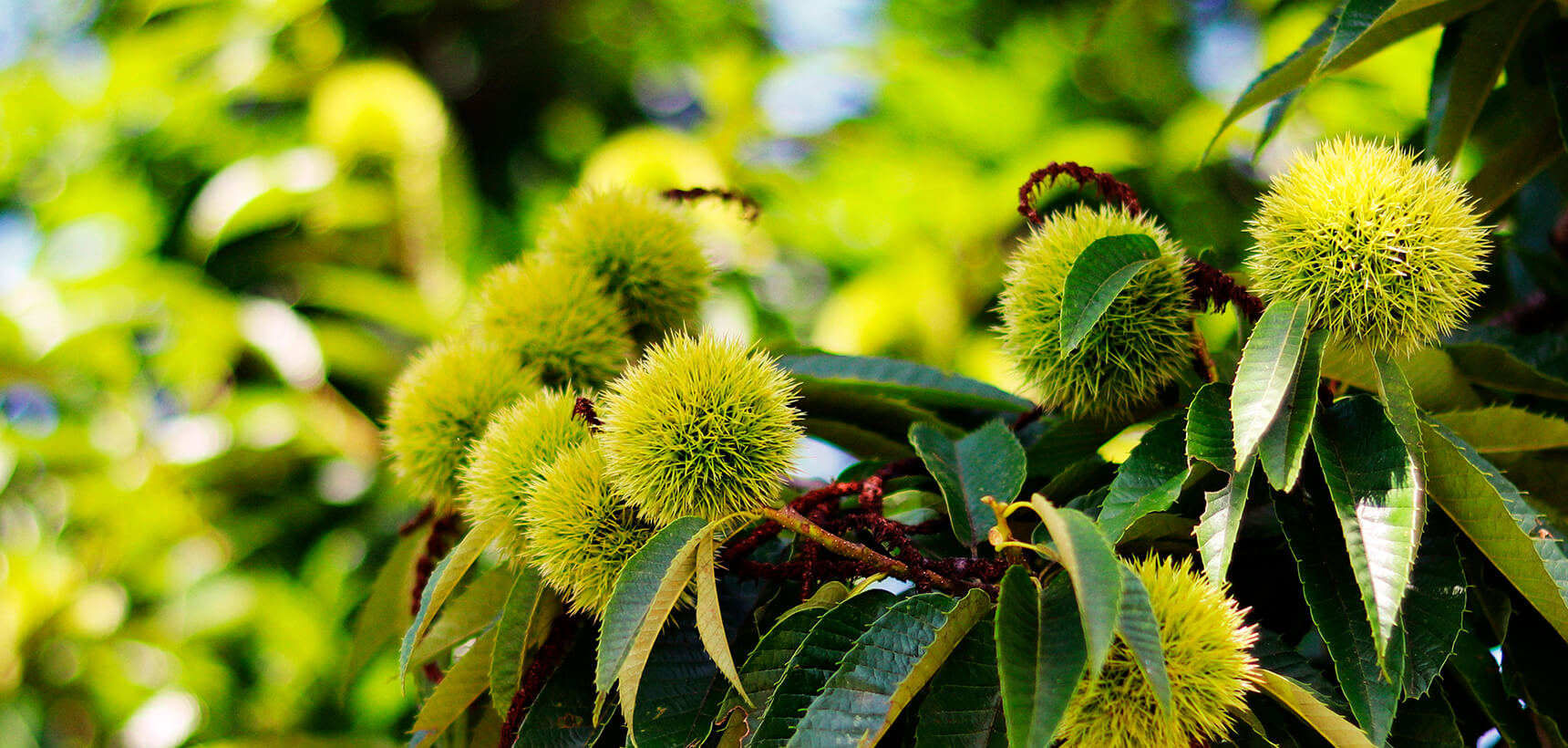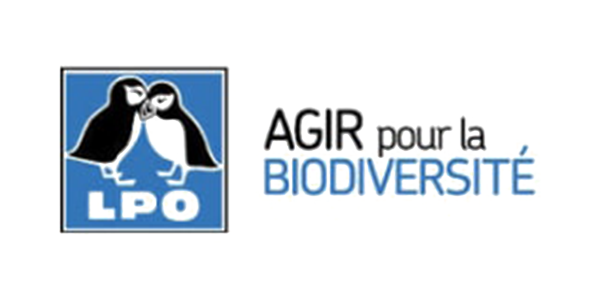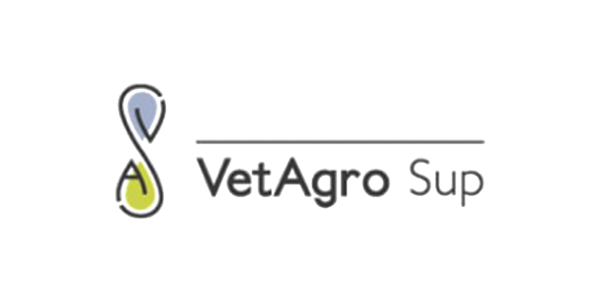
Agricultural practices

II. DEVELOP ENVIRONMENTALLY FRIENDLY AGRICULTURAL PRACTICES
The development of environmentally friendly agricultural practices is key to ensure the environmental quality of the catchment area and its surroundings.
A) ORGANIC AGRICULTURE CONVERSION - TECHNICAL AND FINANCIAL ASSISTANCE TO FARMERS IN THE SOURCE AREA TO CONVERT TO ORGANIC FARMING PRACTICES.
In 2017 the CEPIV put in place a new project providing financial and technical support to farmers located on the catchment area to support them in their transition towards organic agricultural practices. Today, two farms have successfully been certified as organic, which represents 10% of agricultural activities within the catchment area being managed with environmental responsible practices.

The CEPIV also supports the financial transformation of agricultural waste into compost, to be used within the catchment area. At the same time, this practice allows Volvic to protect watercourses crossing the impluvium, thereby preventing and enhancing the protection of the quality of the watercourse and cattle watering.

B) SURFACE WATER PROTECTION - PROTECTION OF SURFACE WATER BEFORE BECOMING GROUNDWATER
Volvic has partnered up with local farmers to co-design solutions to avoid river pollution due to cows’ activities. Through the construction of 50 waterers and 5-km of fence, 7-km streams have been protected.

C) CONTROL OF TERRESTRIAL PESTS (VETAGRO PARTNERSHIP)
Since 2015, in cooperation with VetAgro Sup (higher education and research institution which trains veterinarians but also agricultural engineers and veterinary public health inspectors), Volvic supports the sustainable fight against rodents through the suppression of chemicals to eliminate pests. Volvic has financially supported the VetAgro Sup agronomists’ PhD thesis and the creation of a micro company for trapping.